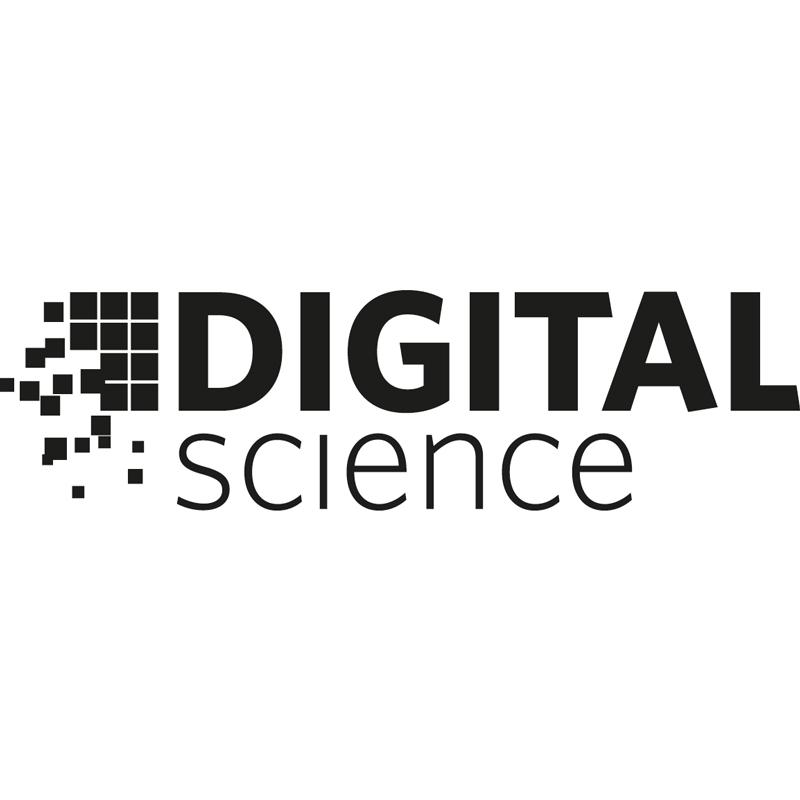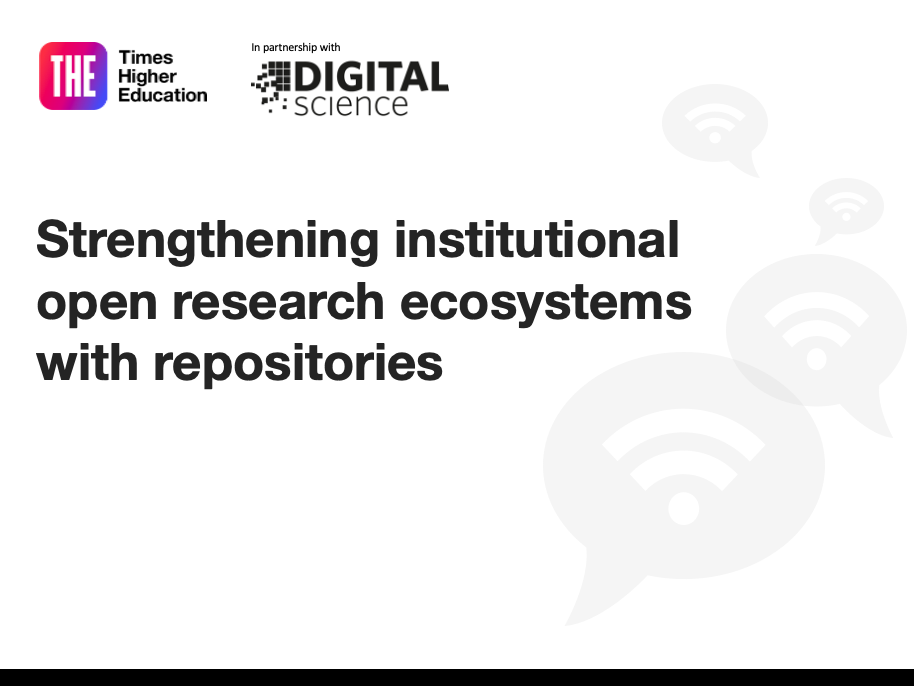
The evolving role of the university library
University libraries have evolved from their traditional functions of providing access to resources to being active participants in the research process. Today, libraries have an important strategic role in the digital transformation of research and advancing open research.
A THE webinar, held in partnership with Digital Science, explored how institutions can evolve, strengthen and optimise the role of libraries within the research management infrastructure to maximise impact. Claire Turner, vice-president for academic markets at Digital Science, said that libraries have become vital to improving access to knowledge and enhancing the overall research experience.
“Universities want to be as open as possible, but as closed as necessary. This is a mantra we hear often,” Turner said. “Making research available is at the heart of open research. Digital libraries can unify dispersed research data and deal with a wider variety of outputs. They can overcome challenges of data being fragmented in different formats and from different systems.”
Tim McGeary, associate university librarian for digital strategies and technology at Duke University, said that digital transformation provides librarians with the opportunity to take a big picture view of research across the institution and beyond. “The research enterprise is a competitive space and universities need to position themselves for that opportunity,” McGeary said.
The evolving role of libraries positions librarians as central players in the educational and research lifecycle, said Kara Jones, university librarian at American University of Sharjah. As a relatively young university, AUS’s library team has been able to do essential training and advocacy so that the library and digital repositories can be an integral part of the research process. “Digital transformation at any university anywhere in the world at the moment is baked into strategy. We’re here to enable [researchers] with the systems that work to make it easier for people to be able to do the research they want.”
Ari Hirvonen, chief digital officer at the University of Jyväskylä in Finland, spoke about the importance of grassroots engagement with researchers. Hirvonen emphasised that it is essential to continuously share information with researchers about new solutions, how technology is evolving and how to efficiently manage the innovation pipeline.
“Libraries play an important role when it comes to embedding research into the system,” said Asma Salman, vice-president for research at the American University in the Emirates. “There could be a lot of great research happening, but if no one is reading it and people do not have access to it, it does not serve its purpose,” she added.
One of the strategic importance of the digital transformation of research is attracting funding and collaborators, Salman said. The shift towards open research and open data has made research processes more data-driven. “It takes into consideration the societal contributions the researchers want to make and what their global footprint looks like.”
An institutional repository can play a really important part in enabling researchers to submit their work, said Turner. “We’re seeing a need for repositories to keep pace with an ever-growing list of indexing relationships, and that relies on robust metadata and good identifiers. Ideally, repositories would be able to handle multiple types of identifiers to let that be a one-stop shop for all research.”
The panel:
- Ari Hirvonen, chief digital officer, University of Jyväskylä
- Kara Jones, university librarian, American University of Sharjah
- Tim McGeary, associate university librarian for digital strategies and technology, Duke University
- Asma Salman, vice-president for research, American University in the Emirates
- Sreethu Sajeev, branded content deputy editor, Times Higher Education (chair)
- Claire Turner, vice-president for academic markets, Digital Science
Find out more about Digital Science.

